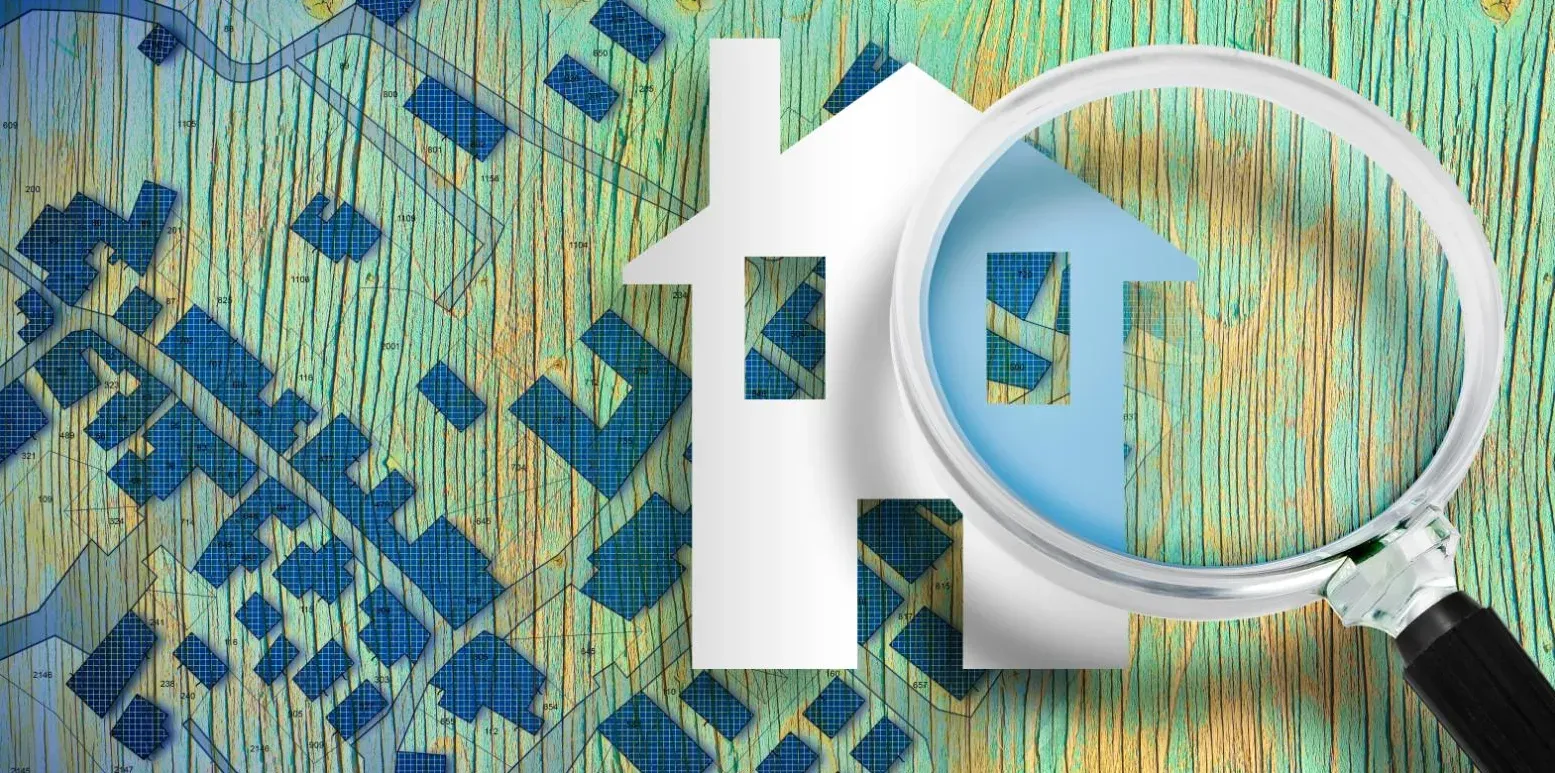The Hidden Costs of Foreclosures and Bank Auctions: Risks and Opportunities for Savvy Indian Investors

By
Shrusti Naik
Posted on September 8, 2025. 10 mins

The Hidden Costs of Foreclosures and Bank Auctions: Risks and Opportunities for Savvy Indian Investors
Introduction

Distressed real estate, properties sold via foreclosures or bank auctions, can be alluring. In India, these often appear priced 20–40% below market value, presenting rich possibilities for sharp investors. But beneath that appeal lie subtle traps: legal clutter, hidden dues, renovation costs, and ownership complications. With NPA recovery and e-auctions on the rise, understanding both sides of the equation has never been more essential. Let's unpack the realities for discerning investors.
Foreclosures & Bank Auctions in India: Trends and Context
Under the SARFAESI Act, 2002, banks in India are empowered to repossess non-performing assets and conduct auctions, often digitally via platforms like IBA’s e-BKray. The trend is accelerating: in early 2025 alone, over ₹90,000 crore worth of stressed assets were listed for auction, reflecting the urgency of recovery efforts. You may want to check Understanding Real Estate Taxes
Where the Opportunities Lie
- Discounted Pricing: Auctions frequently offer properties 10–30% below market rates, with some deals stretching to a 40% markdown.([Housing][3], [Address Advisors][4], [Ghar.tv][5])
- No Brokerage Fees: Buyers deal directly with banks, removing middlemen and saving on commissions.
- Speedy Closures: Banks want quick sales, auction closures and title transfers often move faster than typical purchases.
- Diverse Assets: Available listings range from ready-to-occupy flats to commercial segments and land parcel, enabling strategic moves for renovation flips or rental investment.
The Hidden Costs & Risks You Can’t Ignore
- Title and Legal Encumbrances: Buyers inherit any unresolved legal burdens, unpaid dues, or litigation tied to the property. Banks sell as-is, putting due diligence entirely on the buyer.
- Possession Challenges: Former owners or tenants may resist vacating. Eviction can become lengthy, legal, and costly.
- Unknown Property Condition: Physical inspections are often limited; structural issues may only surface post-purchase.
- Tight Payment Windows: Post-auction, buyers must make an initial earnest deposit (typically 10–25%) within 24 hours, and the balance within 15–30 days, requiring significant liquidity.
- Financing Hurdles: Banks frequently hesitate to grant home loans on auction properties, often requiring full cash payment upfront.
- Hidden Costs: Buyers may need to settle outstanding municipal taxes, society dues, or utility charges, on top of renovation and legal fees. Check out Will the Rupee Depreciate Further? How It Affects You
Savvy Strategies to Navigate the Auction Market
- Always Title Check: Work with a specialized property lawyer to clear any disputes, liens, or encumbrances pre-bid.
- Get a Pro Inspection: Don’t rely on surface impressions, hire structural and key services assessments.
- Have Finances Ready: Ensure funds are immediately available for earnest deposit and the full settlement window.
- Scan Bank Portals & IBAPI: Regularly monitor SBI, HDFC, ICICI auction listings and the IBAPI portal for upcoming opportunities.([Basic Home Loan][11])
- Verify Reserve Price: Cross-check auction value against recent transaction data to gauge true bargain levels.
- Factor in Exit Plan: Decide whether you’ll flip post-renovation or rent, and budget for both renovation and holding costs accordingly. Also read, What the RBI Repo Rate Cut Means for Homebuyers: EMIs Just Got Cheaper
Jugyah’s Tip: Where We See Smart Play Zones
Jugyah’s data indicates that Mumbai suburbs like Thane and Navi Mumbai (Ulwe, Panvel) are generating strong investor traction due to transport projects and affordable pricing. These areas host a higher supply of clean-titled, renovation-ready auction properties that align with yield potential and manageable exit timelines. Check out this Property Management for NRIs: A Seamless Guide to Handling Your Indian Assets from Abroad
Conclusion

Bank foreclosure and auction properties undoubtedly offer attractive entry points, provided you enter with full awareness. The discounted price is only part of the story. Understanding legal complexities, renovation costs, occupant challenges, and financing limitations is essential. For investors with patience, preparedness, and a clear strategy, these distressed assets can translate into profitable opportunities in 2025. You might also like Fractional Ownership of Real Estate in India 2025: How Smart Indians Are Buying a Slice of the Skyline Without Breaking the Bank
For those in pursuit of their dream home, investment opportunities, or a sanctuary to call their own, Jugyah provides top housing solutions with its intelligent technology.
Frequently Asked Questions
Q1. Can I get a home loan for a bank-auctioned property? Typically, no. Most lenders require clear titles and may refuse loans for auctioned properties. Cash or bridge financing is often necessary.
Q2. How much below market price do auction properties sell for? Discounts usually range between 20–40%, depending on urgency of sale, property condition, and location.
Q3. Are bank auction processes legal and transparent? Yes, auctions are governed by SARFAESI and RBI regulations, which mandate transparency and procedural fairness.
Q4. Will I be able to inspect the property before bidding? Banks often allow limited-site visits during auction notice periods. Full inspections may be restricted, so rely on professional inspections where possible.
Q5. What can make auctioned property buying unsafe? Risks include unclear title, occupant resistance, outstanding dues, unexpected renovation costs, and no financing options. Thorough due diligence helps mitigate these dangers.)